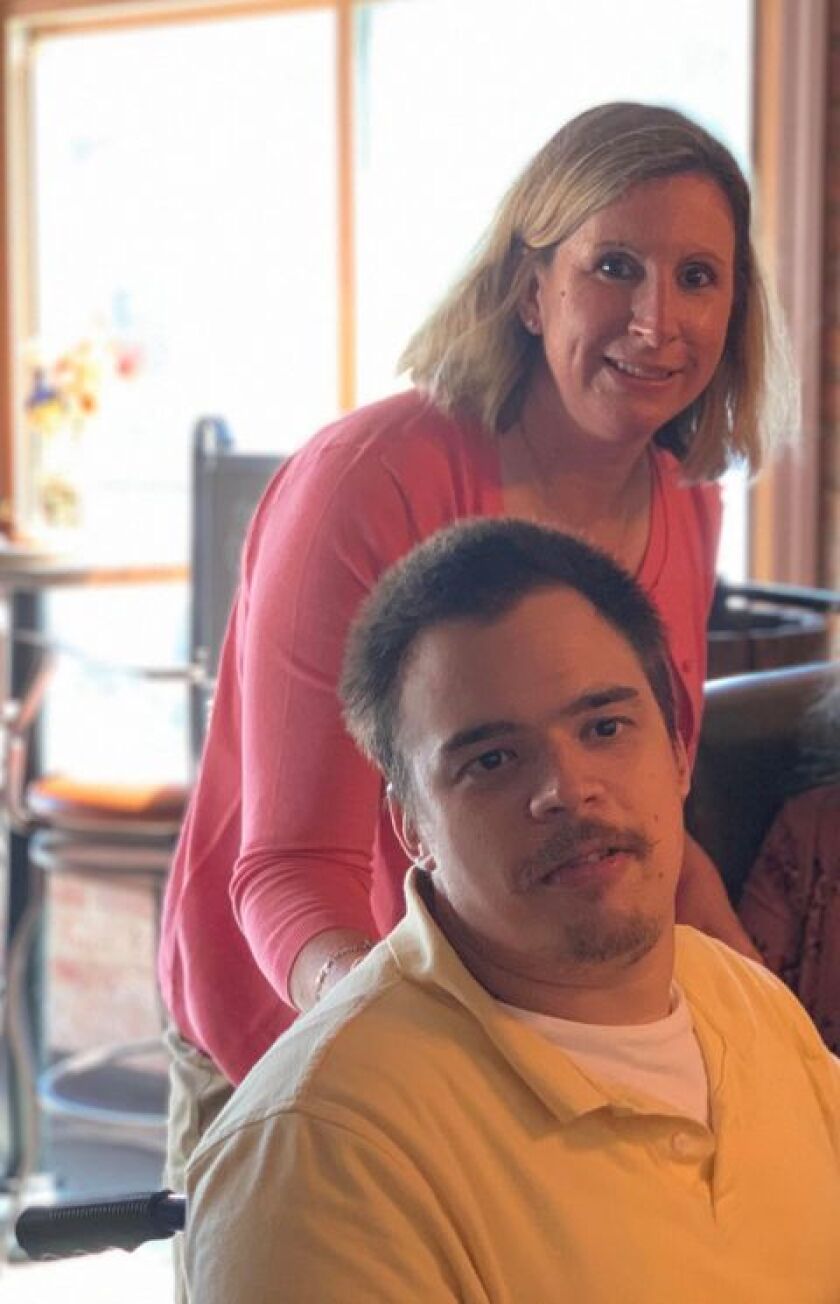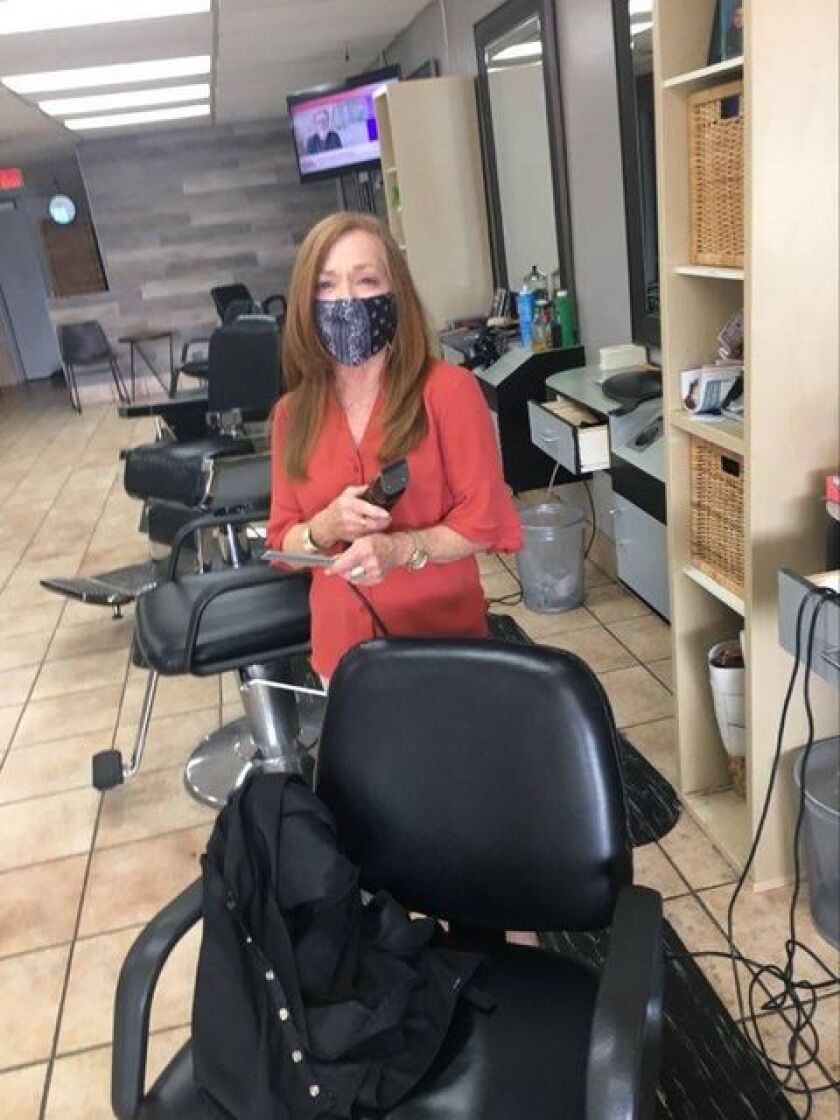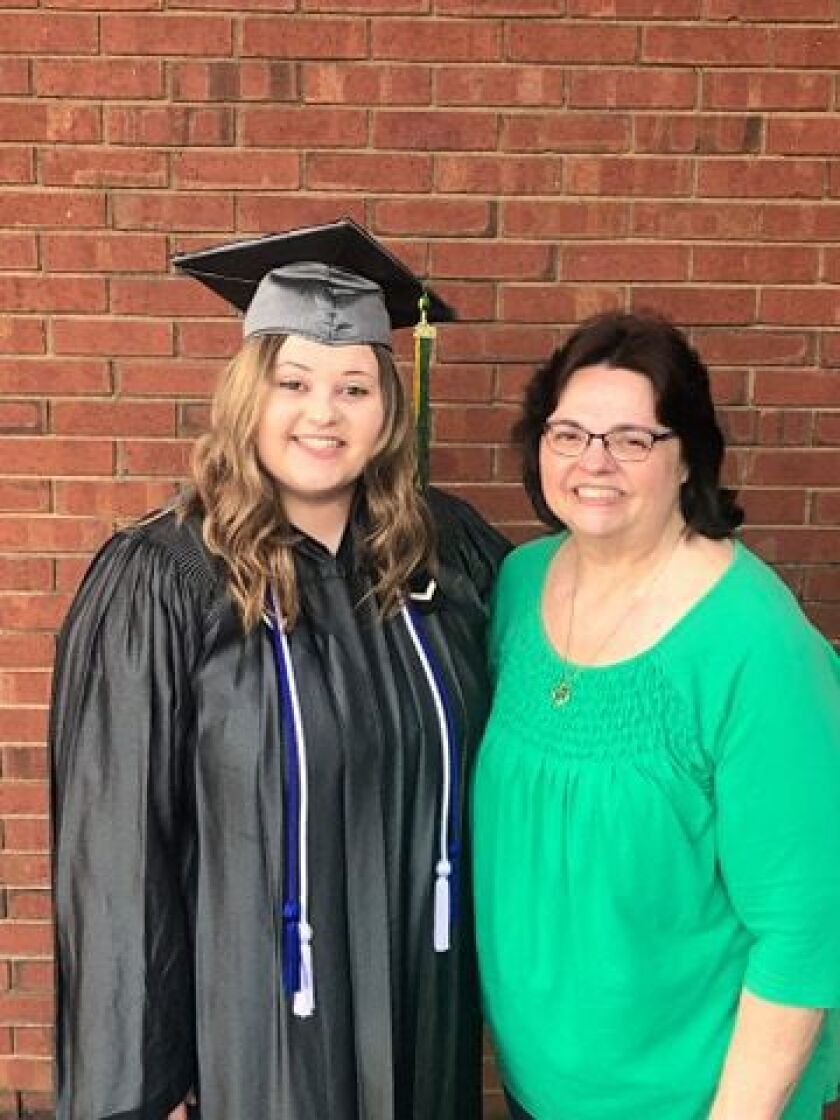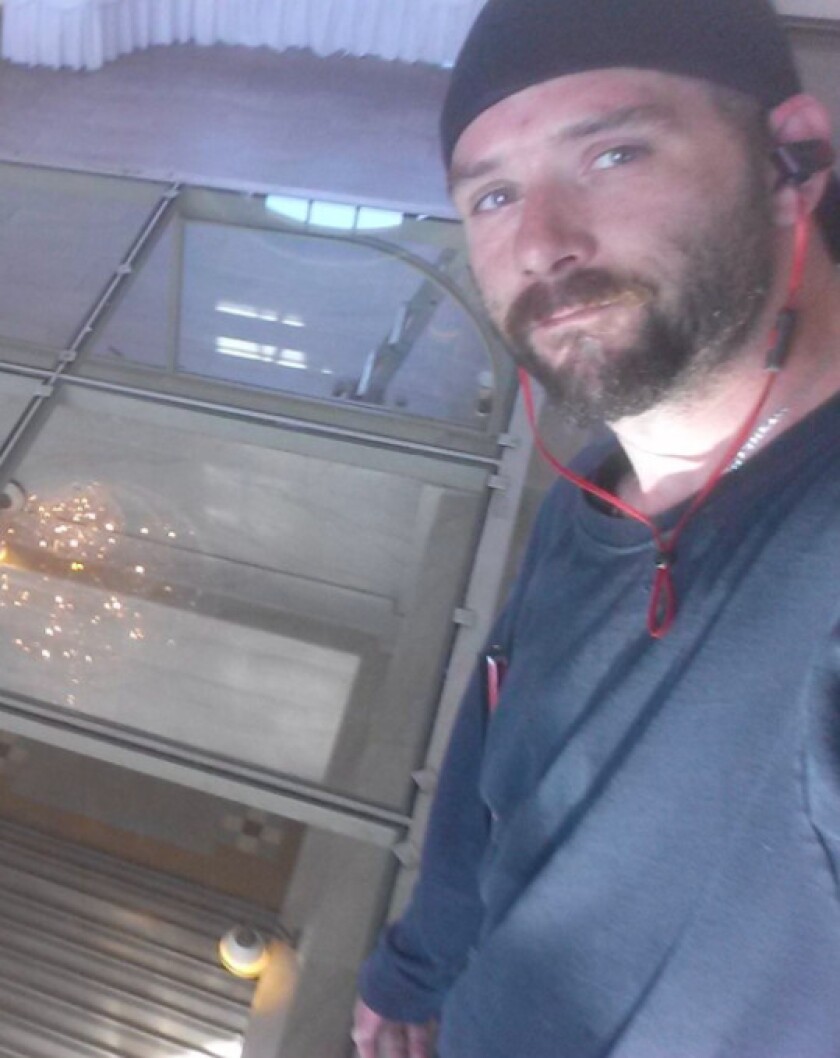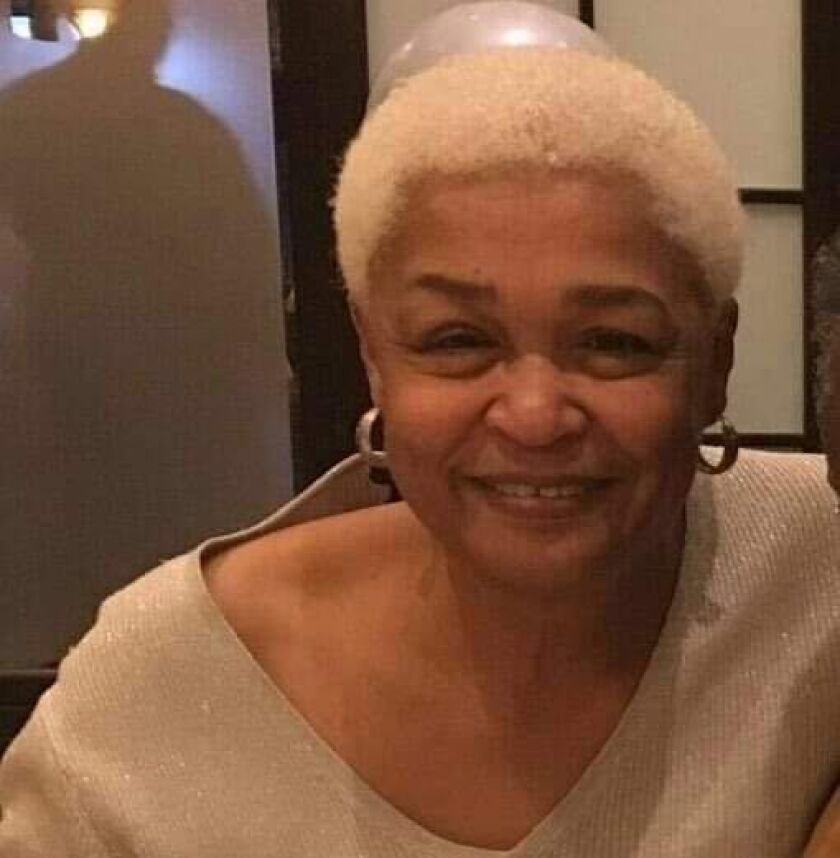Some lost their full-time work, or the second or part-time jobs they counted on for income, or their 401(k) match amid the coronavirus shutdowns that wreaked havoc on the economy and on their personal finances, too.
Now, they’re carefully considering every dollar they spend, making sure the lights are shut off, turning to food banks to ensure they’ll have enough for their families’ next meal.
Some are having tough conversations with family, friends or employers, asking for help with rent or other bills. Others are rethinking their retirement plans, figuring they’ll have to work a couple of more years to make up for what they’ve lost in the year of the coronavirus.
Others were lucky, able to keep their jobs and work from home during the shelter-in-place. They, too, worry about what’s to come but feel fortunate to be in the position they’re in.
About half of Chicago households surveyed for a recent poll done by NPR, the Robert Wood Johnson Foundation and the Harvard T.H. Chan School of Public Health said the impact of COVID-19 has left them facing serious financial problems, with Black and Latino families particularly hard-hit.
So we asked Sun-Times readers: How has the pandemic affected you financially? Many wrote in and agreed to follow-up interviews. These are some of their stories:
Sherronda Bohanon, 46, of Park Manor
“I was able to keep my primary job, but my second source of income was Uber, and, yes, I could’ve kept driving, but I thought shelter-in-place was only going to be a few weeks, and all of this would go away. Long story short, I miss that second income. I have enough to keep a place to live but not much else.”
Sherronda Bohanon, 46, works as a Head Start teacher with toddlers who aren’t able to wear a face mask. During her shift, she wears a mask and a face shield to try to protect herself.
“At this point, I’m OK, I’m fine. It worries me, it stresses me out every day, but so far so good,” she says of not having contracted COVID-19.
Financially, though, Bohanon, who lives on the South Side in Park Manor, says she’s hurting. She was driving for Uber to make enough money to get by. But she shares a home with her elderly mother and figured it wasn’t worth the risk of infection for her to be so exposed and potentially get her mother sick. She says losing that second income means she can barely afford the basics.
“Everything, I’m on a payment plan — my cell phone, my car insurance, my car. I got a new car before the pandemic started because I didn’t know how bad it was going to be. That’s it. I really can’t afford food, I can’t afford extras.”
She goes to a food bank and to Sam’s Club for groceries in bulk.
“It’s a little tight. That’s the best way I can say it.”
Eric West, 53, of Valparaiso, Ind.
“My wife has been furloughed with no hope to return. My youngest graduated Kelley School of Business and has filled hundreds of applications online but only had four callbacks. And my oldest in Colorado had hours cut from 60 to 25. I’m lucky: only off four weeks and working full time with OT. Others have had it much worse.”
For Eric West, 53, an autoworker in Chicago, the hardest thing about the economic downturn has been seeing his son graduate from business school at Indiana University and struggle to find a job.
“That’s one that really kind of hurts me because I see him for hours putting in applications, and he’s, like, ‘I’ll get a call back, but I never advance beyond that.’ And he has a great GPA.
“And just for me, myself, I have added pressure. Everything’s on me now,” says West, whose son had a job offer upon graduation that was rescinded because of the pandemic. “I’m the only one who has any money coming in.”
West says his wife was furloughed and has been looking for a job for months, but “there’s nothing out there for her.”
His older son, who lives in Colorado, needs help, too, because he works in the entertainment industry, which is at a standstill.
“I’m terrified of what’s coming,” West says. “I’m a pretty liberal Democrat, so I’m scared. People seem to think that things are about to turn back to normal, it seems like things are lessening, when, from everything that I’ve read, it’s about to get worse. But people don’t see that. They’re believing the lies that one particular person is putting out.”
Dennis Fritz, 51, of Rogers Park
“I lost my full-time office job when the business I worked for shut down and, at age 50, became a package handler at FedEx Ground. I make about 40% less now than before the pandemic.”
Dennis Fritz worked at his mother’s clothing store in Evanston, mostly doing clerical work and working with vendors. In March, when the pandemic shut businesses, his mom decided to close the store.
“The clientele was mostly older people, and she thought the risk was too high, so she closed,” he says.
He took unemployment and started looking for work. He was hired at FedEx as a package handler. He’s grateful but says it’s hard because he’s making 40% less than what he previously was paid because he doesn’t always get to work a full week.
“I wish I could work full time,” he says. “I feel like I’m in a state of limbo.”
At 51, Fritz also isn’t sure how sustainable the job will be.
Still, he says, “The adjustments are certainly not as bad as what some people have had to make.”
Ty Nelson, 49, of Shorewood
“We’ve been lucky to have not really been affected financially. My wife and I have worked steadily and hope that continues to be the case.”
Ty Nelson, who works for a company that sells discounted school supplies to school districts and charities, saw his busy season delayed as schools figured out plans for the fall. But Kits for Kidz eventually got busy in mid-July and has been “pretty hectic ever since.”
The company didn’t need to lay anyone off, and he was able to work from home. His wife Heather, an assistant general manager at a hotel, also still has her job.
“I feel very, very fortunate that both me and my wife have been able to work through this. And I totally get how frustrated people are. I used to work at a factory, and that was the kind of job that, however the economy was that month, they could lay you off.
“A year ago, who could have guessed any of this? It’s not really something you can prepare for.”
Kelly Christie, 53, of Crete
“I resigned from my position in therapy at a south suburban nursing home due to my disabled son’s sheltered workshop closing. I was there 15 years, but my son needed supervision. So I would say it affected my family greatly!”
Kelly Christie had been working at the same place for 15 years, a nursing home in the south suburbs. But she felt she needed to resign when her developmentally and physically disabled son couldn’t get the daily care he needs due to the coronavirus pandemic.
“It was very difficult,” Christie says. “After 15 years, you form friendships and relationships with your coworkers, and it was very hard to just abruptly stop. And, of course, the isolation. It’s been very difficult for my son not being in his routine. So we’ve had a lot of challenges, a lot of behavioral challenges. But we’re overcoming those.”
She says it was a “no-brainer” deciding to stay home to take care of her son, who has a seizure disorder and can’t be left alone. But financially it’s hard.
“I’m an occupational therapy assistant, so I was making quite a bit. So financially, I’m sure like everybody else, it’s taking its toll.
“We’ve cut back on almost everything. We have four children, so we’re all on them to shut lights off and, you know, be a little bit more aware of spending habits. We’re not going out to eat, we’re not making big purchases, things like that.”
Candace Sanchez, 66, of Schaumburg
“I’m a barber, and we’re barely hanging in there. Might have to close after 57 years.”
Candace Sanchez has worked at the same barbershop for more than four decades, spending about 50 hours a week. She planned to retire at 70 with her Social Security, but she says that might not be possible now that the pandemic has gutted her business.
“A good day would be, like, 17, 18 haircuts,” she says. “And we’re down to most days now maybe seven. Ten is a good day. Some days, we do four.”
She thinks a lot of men are cutting their own hair and might never come back. Others might be growing their hair longer while working from home or maybe too “petrified to go outside.”
“I have been in this business for 43 years, and I have never, ever, ever seen it this bad. It’s very scary, it’s very stressful for all of us.”
Debbie Cunningham Delaney, 58, of Gifford, Ill.
“I lost my part-time job. I couldn’t get unemployment because I still had my full-time job. There’s a reason I was working two jobs.”
Losing her part-time cashier’s job at an auto dealership meant that Debbie Cunningham Delaney, 58, could no longer afford to help her daughter Amanda pay for her college apartment.
“There have been nights that I don’t sleep,” says Cunningham Delaney of downstate Gifford in Champaign County. “The first stimulus check saved my butt, and I’m praying that the other one comes through because she’s paid her rent through September. But October is just around the corner. And, if they don’t pass the stimulus, I’m not really sure.”
She doesn’t see why she can’t get unemployment for the loss of an important source of income even if it wasn’t her only job.
“I counted on that part-time job. I’ve got a daughter in college. I’m trying to help her with expenses. I wasn’t working that part-time job just for the fun of it. I needed money. I’m sorry, but I think that people who lost their part-time job should have gotten something, too.”
So far, she and her daughter haven’t had to make any drastic cuts, thanks to her sister, who’s helping . And Cunningham Delaney recently got her part-time job back after a talk with her manager.
“I’m one of the lucky ones. I’ve got support. I’ve got family that helps. There’s a lot of people in a lot worse shape than I am, that’s for sure.”
Nicholas Senffner, 37, of Lockport
“I own a window-cleaning company. Kinda hard to clean restaurant windows when they’re either closed, or the window’s broken out.”
Restaurants and bars shutting down took a big toll on Nicholas Senffner, who owns a window-cleaning business that operates all over Chicago and the suburbs.
“It’s completely killed us, the way they shut down the restaurants,” says Senffner, 37, of Lockport. “They’re not getting their windows cleaned if they’re not making money.”
Senffner says he built his business over 15 years and normally would work 12 hours a day five days a week. Now, he’s lucky to get two or three days of work each week.
“Last year, I was a six-figure company. This year, we’re barely pushing five.”
It’s meant laying off two employees and cutting back things like visiting his family in Colorado.
“It was horrible, I mean, this was 15 years of hard work, of day in and day out of building routes and gaining customers, making sure that everything ran like clockwork. I watched my whole world fall apart.”
He doesn’t think business will ever return to what it was, given that many of his customers were mom-and-pop shops that have permanently closed, some having taken a double hit from the pandemic and from looting after the death in Minneapolis of George Floyd while being restrained by a police officer.
“It hasn’t been easy. I’m just trying to ride this year out until it’s all over with, and they get back to work.”
Cheryl Jackson, 67, of Beloit, Wis.
“Income is the same, but I’ve started tracking expenses again.”
Cheryl Jackson, 67, a retiree, splits time between her home in Beloit, Wisconsin, and Chicago so she can help take care of her grandchildren in Bronzeville.
On March 13, the last day that in-person classes were held in Chicago last school year, she decided to start tracking her expenses. Each time she spends anything, she writes it down in a little book, then totals the expenses at the end of the month to see how much went to what, keeping track by category.
“I was actually starting to feel nervous, and this was a way I could see what I’m doing and get some control of what I’m doing and still, if there are things I want to do, know that, if I plan for it, it can be there,” she says.
She cut back on some expenses naturally, like dry cleaning or seeing plays at her favorite Court Theater. She’s not spending as much on gas, either, because she’s home most of the time.
Still, she says, “It’s scary. I’m on a fixed income. I don’t know what’s going to happen to Social Security — that is a significant part of our income. My husband has a government pension, so we’re nervous about that.
“But we just keep going because there’s no control right now over that. We just realize this is where we are not, and this is what we have now, and we just plan around the present.”
Tami Terry, 53, of Portage Park
“I got furloughed in June, and unemployment will only cover about half my bills.”
Since going on unemployment, Tami Terry, 53, of Portage Park, has been tapping her savings to cover about half of her bills.
She was furloughed in June from her job in sales for a plumbing and heating company and hasn’t heard about when she’ll be able to work again. After 16 years at the company, she’s anxious at the prospect of finding work elsewhere and starting over.
“I’m 53, I’ve never been on unemployment in my life, and, at this point in my life, the thought of going out and looking for a new job is not something I want to do,” she says. “It’s not like a regular time looking for a job, so I don’t even know where I would start.”
But she says her savings will last only until the end of the year.
“Come January, I’m going to have to figure out something.”
Karen Webber, 44, of Rogers Park
“I got a significant pay cut and lost my 401(k) match.”
When Karen Webber heard she’d have to take a 25% pay cut and lose the 4% match on her 401(k), she was worried about being able to pay her bills.
“The first thought I had was the concern for making the monthly obligations,” says Webber, 44, of Rogers Park, “I was raised that, when you get a bill, you pay it and to be responsible that way.”
Webber, an accountant for a real estate company, says her income covers the bulk of household expenses for herself, her boyfriend and their cat. So the couple has been cutting back on entertainment, dining and transportation since April, when she got the bad news.
“I don’t know when we’ll be able to go back to full salary, I don’t think it will be in 2020. Working in real estate, it’s not necessarily a recession-proof job.”
For now, she’s OK.
“One of the things that’s helping me is that my students loans are in forbearance right now. So, because I’m not making that payment, it does help a lot to navigate the pay cuts. As soon as those payments are due again and if I don’t have any kind of salary increase back, I am going to have to make some serious changes.”






